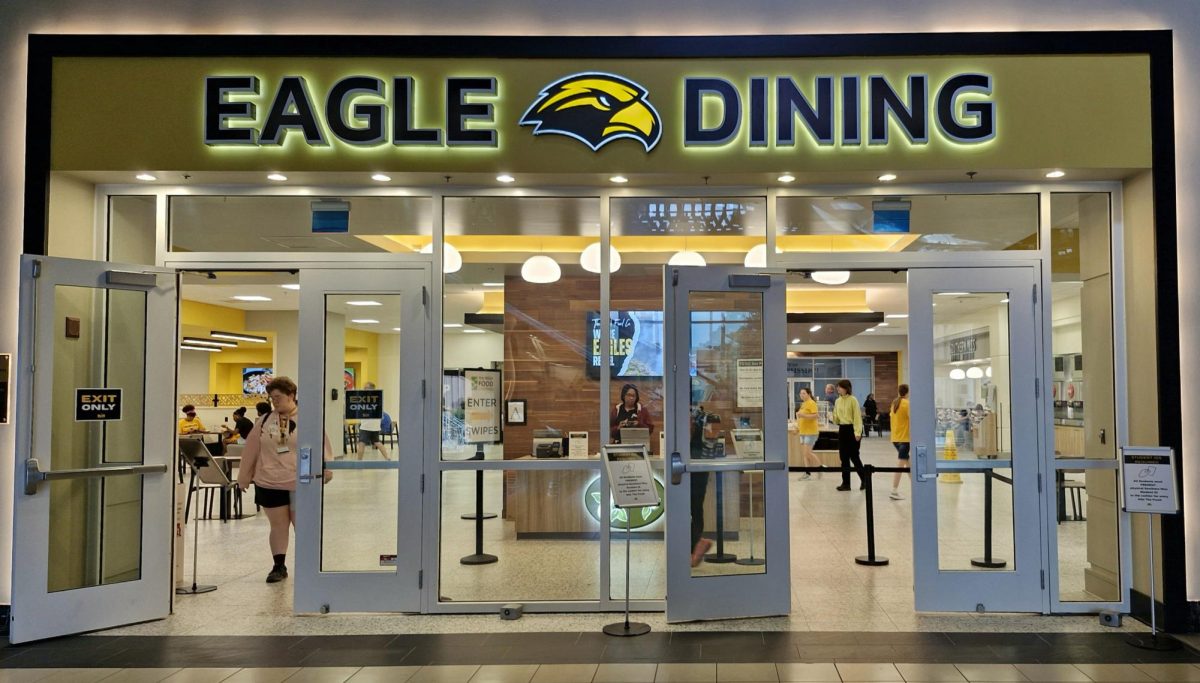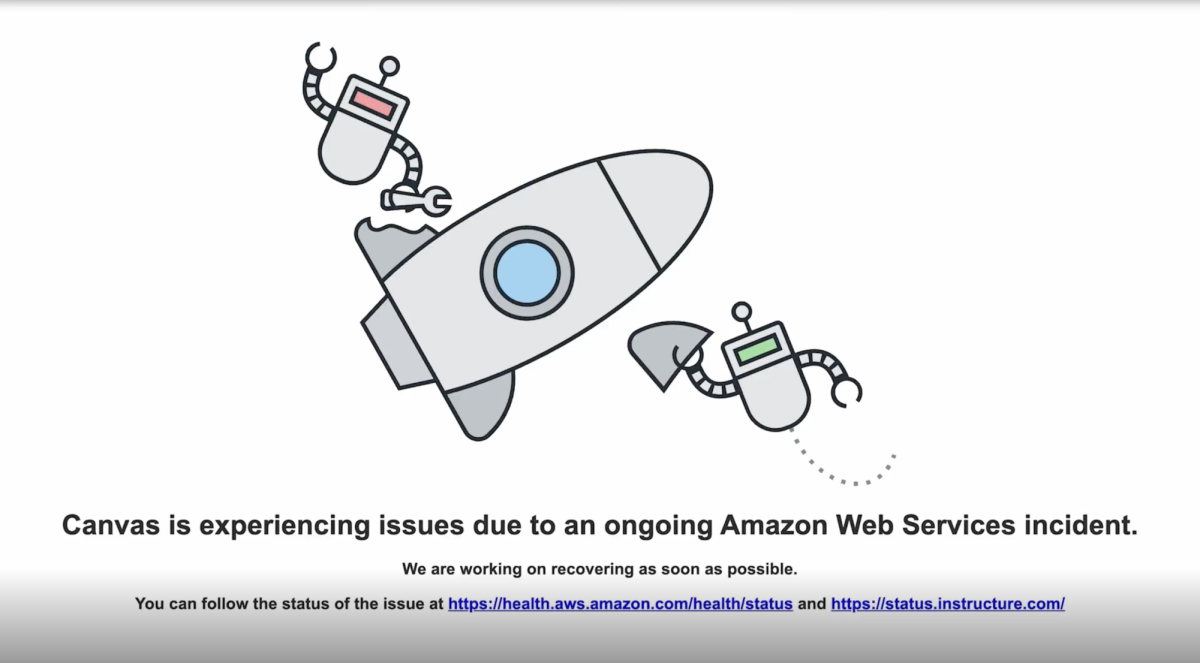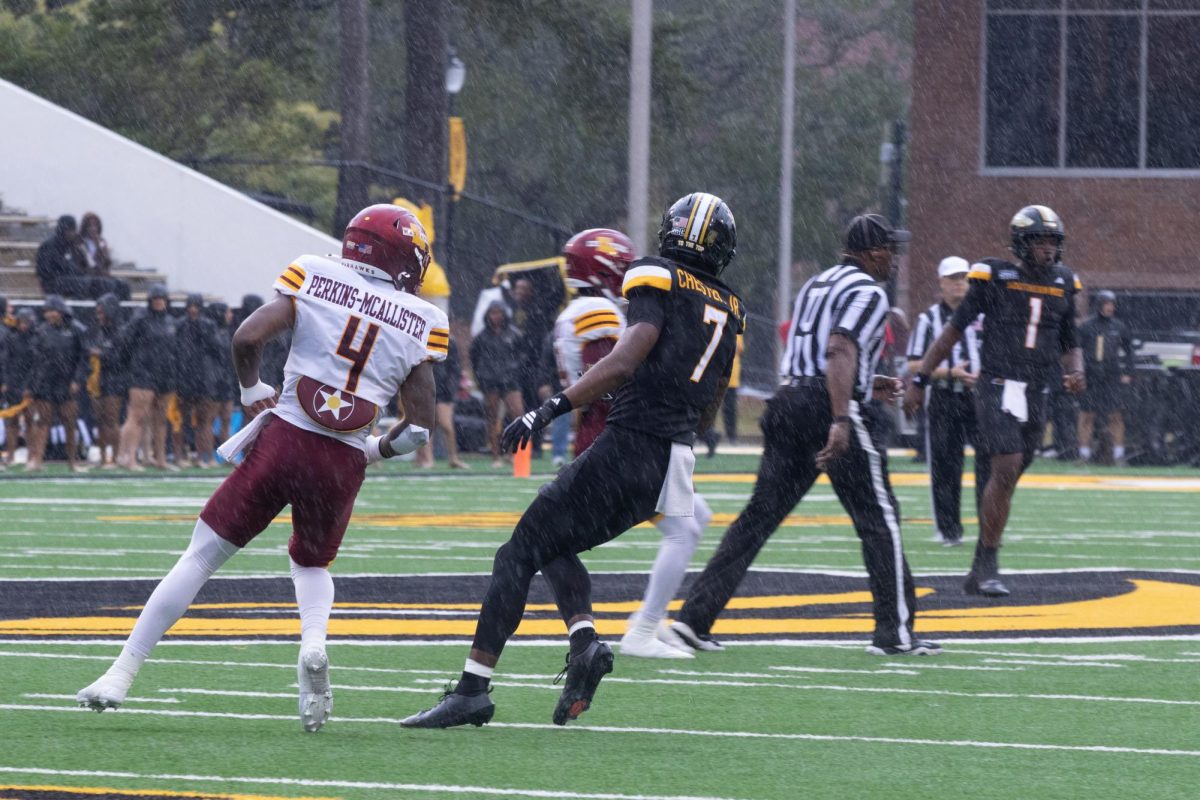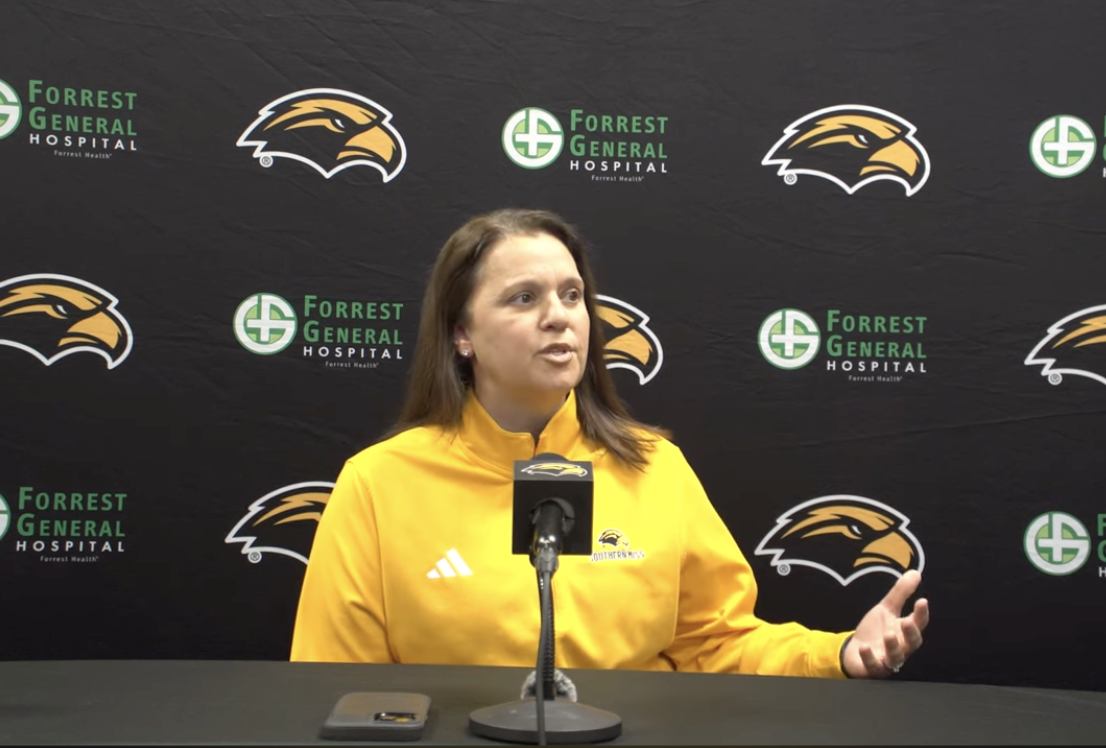Textbook prices are the highest they’ve ever been nationally. In a message from the provost, Southern Miss Provost and Senior Vice President for Academic Affairs Steven Moser, Ph.D., addressed the issue and supplied a possible answer.
“We have long realized that the cost of attendance in Mississippi Institutions of Higher Learning creates barriers to completion for some of our students,” Moser said. “Our goal has always been to make higher education accessible to all Mississippi students, and this is just one way we could offset those costs through thoughtful, intentional, institution-wide adoption practices around textbooks.”
Moser said the Faculty Senate is making steps toward an alternative to the rising prices of textbooks. According to Integrated Post Secondary Data System, students spent an average of $2,000 on textbooks last year. Moser said there has been a rising trend in textbook prices for much longer than many may realize.
“The price of college textbooks has been rising rapidly for several decades, much faster than other consumer prices,” Moser said. “Many studies have attributed the root of textbook inflation to a lack of competition, and lack of student choice, that is, students must buy the books adopted by the unit.”
Senior nursing major Shelby Hartley said she would have spent $1200 this semester if not for a friend of the family, who had some of the books she needed, so instead she spent $450. She said she was worried about getting her books due to the high cost.
“I definitely have worried [about textbooks.] It’s not like most of your prereq classes where you can almost always get away without the book,” Hartley said. “In nursing school, you need the book and all the supplemental items that come with it in order to do well, and with homework and lecture starting the week school starts, it’s hard for people who have to wait for financial aid to get their books.”
Moser said there are many ways to lower the cost of textbooks, including subscription services and faculty-created units for textbooks. These services are likened to Netflix or other streaming platforms where students pay a subscription fee and get access to all of their books for the semester or a flat rate.
“Perhaps it is time as a faculty body to dig in a little deeper to our textbook adoption practices,” Moser wrote. “A $250 yearlong subscription versus that $2,000 average cost would be a significant savings for many of our students who are struggling financially.”
Hartley said she agreed with Moser’s statement, and anything that would lower textbook prices would be great for the student body.
“I think [a subscription service] would help,” Hartley said. “If all of your textbooks could be accessed for one whole unit price, I think it would be beneficial.”
A subscription service would include a variety of content delivery modes from hardcover textbooks to electronic editions, and according to Moser, they have been implemented to great success in other universities.
“As an example, the University of Missouri system adopted Cengage Subscription Textbook Services, and in the first year saved students nearly $3 million in textbook costs,” Moser said.
The university is not the only entity that worries about the price and availability of books; private textbook sellers like the manager of Campus BookMart Jimmy Renfroe said they try to keep textbook prices down by providing rentals and only editions when at all possible.
“Best options [Campus BookMart] have right now is either rental or digital copies of a book,” Renfroe said. “It is normally a lot cheaper than buying physical books.”
Renfroe, who has worked in the textbook industry since 1995, said he watched the trend of rising textbooks since he started working.
“I’m not sure what drives [textbook] pricing, but I know I have seen the prices go up,” Renfroe said. “I have a daughter in college myself, so I understand. Just try to save where you can. If you like digital books, go that route and save money.”


























